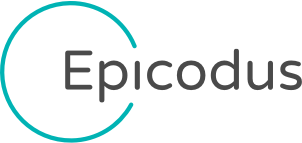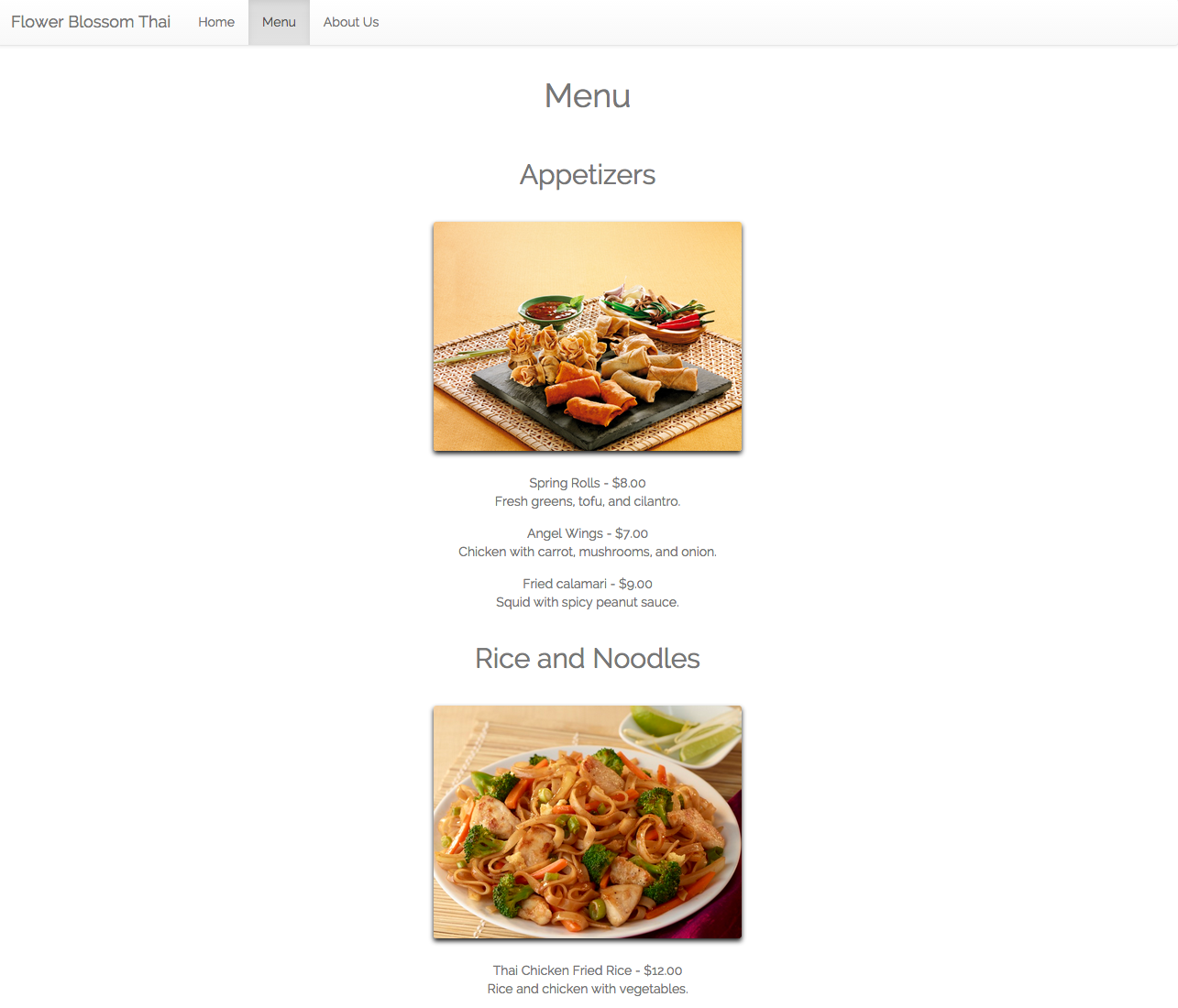By Mike Bunker
Having no idea what I was doing I decided to enroll in a Code School this summer to learn the basics of programming and web development. I decided to attend Epicodus, a 4-month full time coding “boot camp” teaching Ruby/Rails and JavaScript along with a few different frameworks. I was a Political Science Major in college, and have no experience in the tech industry before starting at Epicodus (as you will see from that wonderfully awful picture below). It was a very challenging and rewarding process to complete the classes and I am happy with my decision to attend Epicodus and be a part of this industry. Here are some of the things I learned and some of my thoughts about my experiences at a code school.
Ping Pong test website built for my Epicodus application.
When you need help, it's OK to ask for it.
And I asked a lot. From the teachers, other students, to stack overflow and the never ending sea of the internet. I quickly found out that this seems to be a normal thing for developers (or so I am constantly told). Many people work in teams which are collaborative by nature. It is nice to have people to lean on for help with the code. It was great to be able to lean on other students for help when tougher problems arose, and for when those time arose that the students couldn’t solve a problem ( I am looking at you Ember.js), then the teachers were there to help sort us out.
A sign I kept during my time at Epicodus.
Pair programming is very difficult.
Pair programming is an interesting thing. There are plenty of reasons for why it is beneficial (and I am sure a thousand blogs doing it better justice than I would), and Epicodus regards it highly in their curriculum. There were a lot of days that pair programming was awesome. I had good partners and learned a lot and contributed a lot. However that was not always the case, and I found it extremely difficult to work with people who for various reasons didn’t “click” with me as programming partners. People learn in different ways, and even those who learn in similar ways don’t always learn at the same pace. While this can be beneficial in certain circumstances, I found myself annoyed with the process from time to time.
Appreciation for tech.
Before attending Epicodus, I didn’t have a lot of appreciation for how difficult it is to be a web developer/programmer. Even things as simple as clean good looking web pages can be difficult to accomplish (like getting that form in the absolute center of a responsive page), and having worked on trying to make web pages/programs/apps that are similar to what I have thoughtlessly used most of my life I now know how to appreciate the technology that I am using.
Building something from scratch is amazing.
My time at Epicodus has culminated in me building a chess game explorer app. I am hoping to write a post specifically about that later, but it has been an incredible experience to set out with an idea of something I want to do, work to get it done, and see it come to fruition (even though there is still a lot of things I want to do to make it better.) The first time I got user authentication to work and when the chess board finally took shape were two absolutely incredible moments for me. That success only fuels my desire to learn and do more. Of all the benefits I feel I got from attending Epicodus, the ability to create something meaningful is the single greatest thing I have gotten.
Chess app taking shape.
The people are important.
I feel like I got extremely lucky with the group of students that attended Epicodus with me. For the most part, they were smart, fun and driven people who I have spent quite a few nights with getting to know over a pint. I have gone to a few tech meetups and events around Portland since I started Epicodus, and community seems to be important to everyone here. People are excited and passionate about not only what they do, but the tech industry in general. The energy and excitement at the PDX Tech Crawl this year blew me away.
A great group of students and teachers.
Mike Bunker was a student in the Summer 2015 Ruby/JavaScript/Rails course. This post was originally published on his site Bunker's Code Blog.
































